People have shown much kindness amid the lockdown by responding in an open-hearted way to the #BenderaPutih (white flag) movement, but humanitarian NGOs say the movement has created much duplication of aid work, sometimes complicating efforts to help those in need.
“Many of us who have been doing this for years are not really that supportive of the white flag movement,” said William Cheah, who has been runing the Kembara Soup Kitchen for more than half a decade.
While he commended the kindness of Malaysians, Cheah said the movement has created a lot of ad-hoc food banks, and many do not have any proper procedures as opposed to experienced NGOs like Kembara.
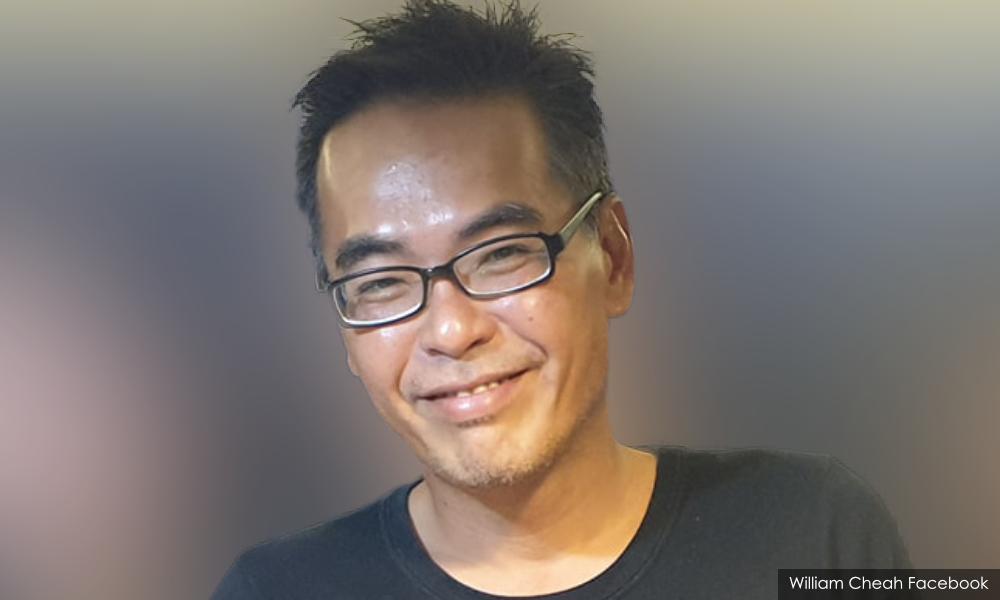
“What they don't understand is that a proper food bank needs to verify beneficiaries, for you to know that they actually do need help.
“If not, you are going to have people coming to take things again or take advantage of the situation,” Cheah told Malaysiakini.
“I understand people want to do good, and I understand there will be people who need it.
“But, if you don't have a control or checking mechanism, there is a lot of wastage and it can be inefficient and ineffective,” he said, referring to reports that some have taken advantage of food banks by taking more than they need and have even abandoned food packs given by aid volunteers.
Cheah said that since many continue to take part in the movement, resources are abundant but the lack of coordination means help may not reach every community equally.
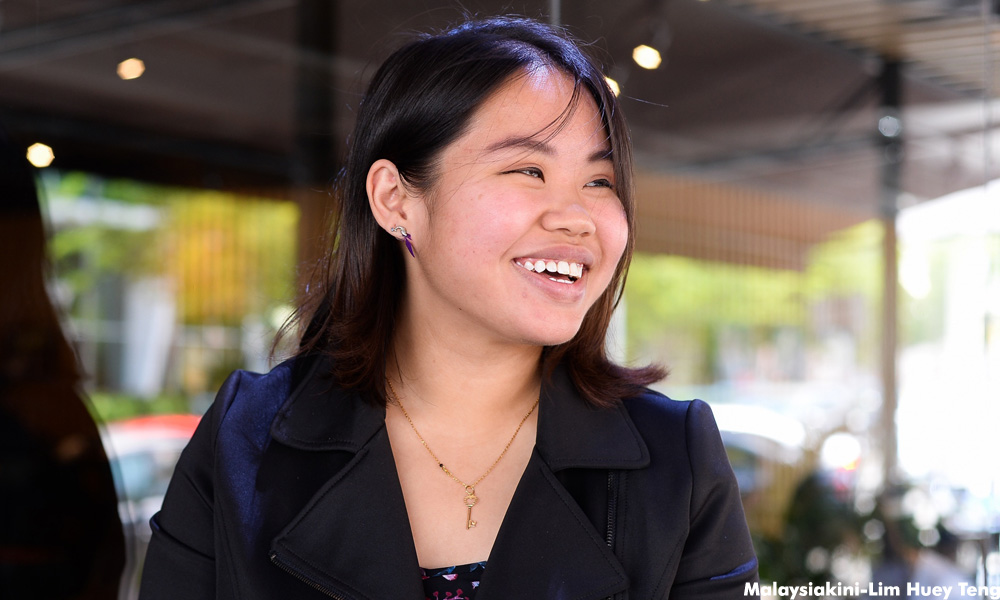
Heidy Quah, the founder of Refuge for Refugees, also raised similar concerns that those who most need help may not be in a position to ask for it.
“The reality is those who are struggling the most do not have the resources to identify help online, because of literacy issues,” she said..
Initially started as an NGO catering to the welfare of refugees and migrant communities in Malaysia, Quah’s organisation soon started to help the local B40 communities as well.
She said her organisation receives an average of up to 150 calls for help every day during the pandemic, many of them Malaysians.
“Sometimes, the calls shoot up to 300 calls a day of people asking for help,” Quah said.
The disparity between what people see online and the reality on the ground can be very stark, as Quah cites one example where elderly people who need help do not have the digital literacy to ask for it.
“It's fantastic that all these movements are happening, but the gap in the system is real: those that need help the most don't know how to ask for help."
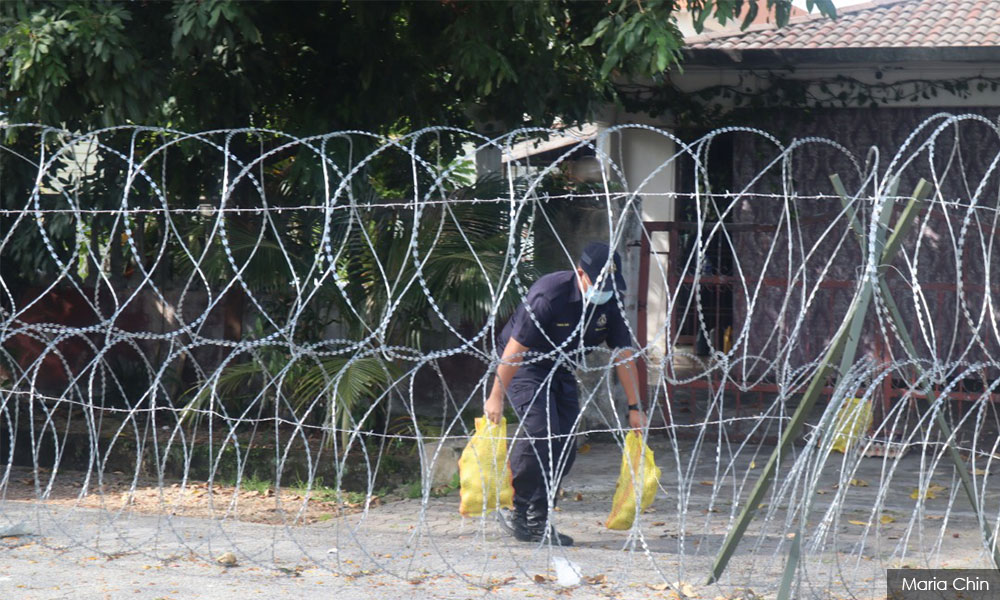
Some Malaysians in the white flag movement have created online applications like SambalSOS and Kitajaga.co, among others, where people could ask or offer aid on the platforms.
Others are also using social media to promote self-initiated aid campaigns and food banks, but for those digitally illiterate, or having Internet access issues, asking for help online can be a challenge.
“They are not on Facebook, they are not on WhatsApp, they don't know how to fill up Google forms, they don't know how to reach out to people on WhatsApp,” Quah told Malaysiakini.
She suggested that good Samaritans should instead work more closely with NGOs, since they have the experience that can also reduce the wastage of resources and manpower.
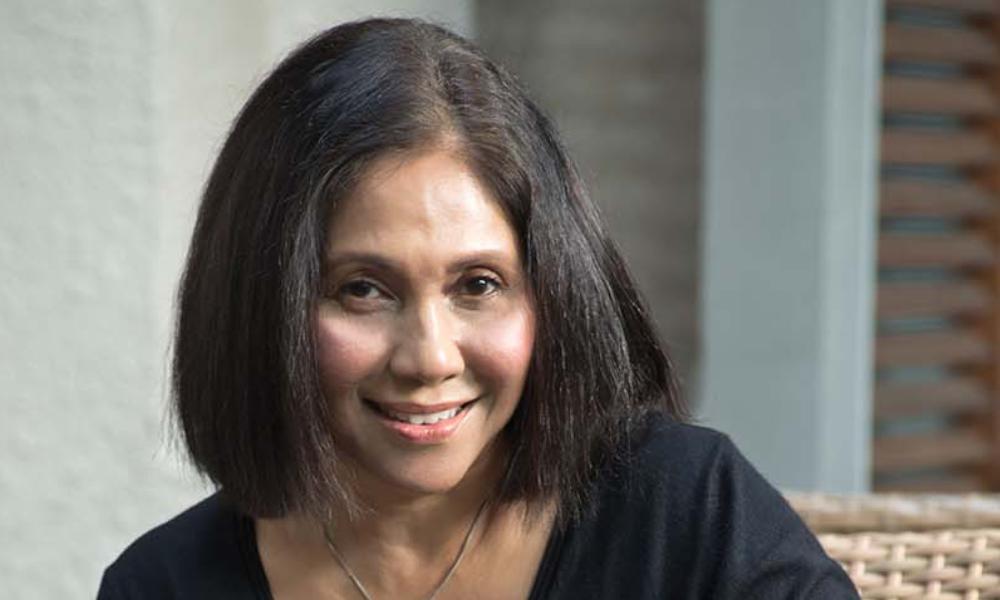
Munirah Hamid, 71, works for Pertiwi, a humanitarian NGO that has been running its mobile soup kitchen programme since 2010.
Since the first movement control order (MCO) started last year, they have adapted well and collaborated with restaurants around Kuala Lumpur to continue their work of serving the poor.
Munirah told Malaysiakini that instead of opening food banks in their own constituencies, politicians in the country should focus on solving bigger problems like unemployment and education during the pandemic.
“The minute they (politicians) come into the picture, they only duplicate the works of NGOs.
“It is just crowding the space, duplicating and creating a new market of middlemen that just collect or buy from the people who received so many times and just sell them all elsewhere.
“Stick to what they do better... Try to create jobs or something like that, don't go down the food banks,” she said, specifically naming Segambut MP Hannah Yeoh and Muar MP Syed Saddiq Syed Abdul Rahman, who received media attention for their food aid programmes.
As Parliament will not be in session until July 26, many politicians, including Yeoh and Syed Saddiq, are using their time to distribute food aid or setting up food banks, which Munirah disagreed with.
“Stop it. You have got work to do. I know Parliament is not in session but try to think of job creation, and how to educate the children who missed out on school altogether.
“Think, Syed Saddiq, Hannah Yeoh, you are young enough to think.
“Think about how to educate the children; they have stopped schooling, their education is disrupted totally.... not giving grocery bags, which is what NGOs have been doing for so long already."
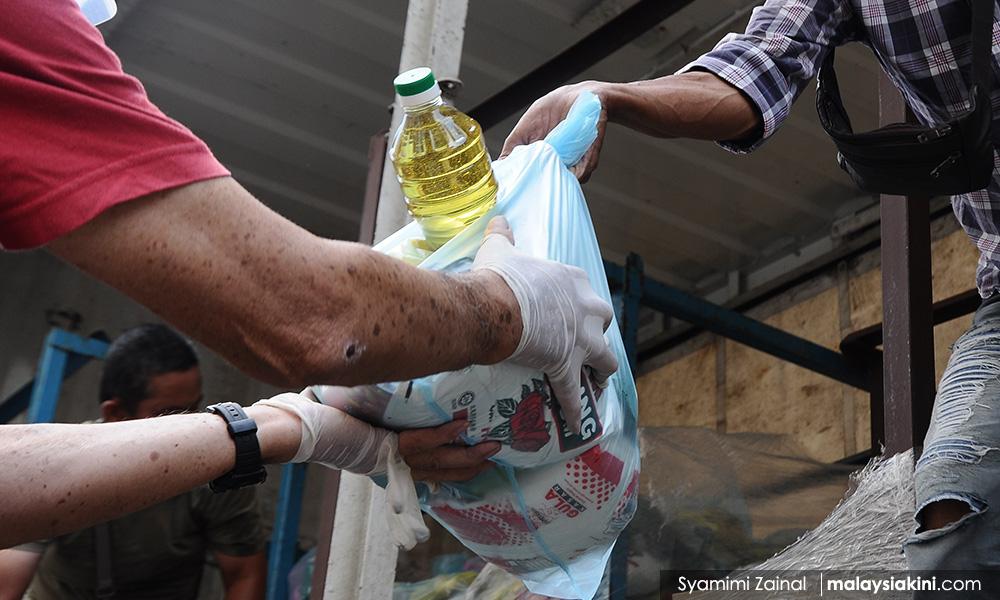
Both Syed Saddiq and Hannah’s food banks were closed down last week following overcrowding issues.
Back at Kembara Soup Kitchen, Cheah also questioned why politicians are focusing on food banks.
He said his organisation faces a lot of bureaucracy when it comes to work, and sees the lack of leadership and coordination as an issue during the pandemic.
“OK, name me one YB or MP who has come out and said, ‘I'm coordinating all the food banks in my area’ so that (the YB or MP) would set up a coordinating centre like a call centre. ‘If (anyone) needs help, phone my call centre, I will direct you to the nearest food bank in your case.’
“Have they tried to coordinate?” Cheah asked.
'What are all these people doing?'
Cheah vented his frustrations when dealing with government bureaucracy - from the long process of acquiring permissions to sending aid across districts and state borders to the time his organisation tried to apply for permission to use the local community hall.
“During March and April (last year), we tried to get the use of the community hall in Kota Kemuning (Selangor).
“There are about eight or 10 community halls here, all ready for use for our kind of work.
“But we can't get the hall for work until now,” Cheah lamented.
Eventually, his organisation rented space from a car wash operator as storage for its aid items.
“What are all these people doing?” he asked, referring to local leaders. “Aren't they supposed to empower their communities?
“They are the community leaders. Rather than trying to put the stickers on the (aid items) and taking photographs of them giving the food baskets, they should be empowering all the food banks - how to organise the food banks, and how to help them get permission to work,” Cheah said.
The #BenderaPutih movement started around last month. The movement urges people to display a white flag at their houses if they are struggling to put food on the table.
This came after many people lost their source of income during the lockdown, which saw no sign of easing after Prime Minister Muhyiddin Yassin announced an indefinite extension on June 27.
Last week, Muhyiddin said the government was offering aid to various target groups during the Covid-19 pandemic and therefore it's unnecessary to put up white flags in order to seek aid. - Mkini



No comments:
Post a Comment
Note: Only a member of this blog may post a comment.